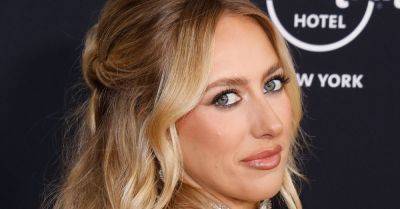‘The Color Purple’ Once Gave Me Nightmares. Now Celie’s Story Gives Me Hope.
It’s pretty much impossible to avoid “The Color Purple” in a Black household. The film adaptation of Alice Walker’s Pulitzer Prize-winning novel is quoted to death throughout popular culture: characters quote snippets in other movies — think about Tyler Perry’s Madea and the long-running homage to Sofia; her most iconic line is also the cathartic opening bar of Kendrick Lamar’s Grammy-winning hit “Alright.”
My surface-level feelings about “The Color Purple” growing up was that it was a work about Black female suffering. As I dealt with the first undiagnosed signs of lifelong clinical depression, I mostly avoided the novel and the film since I had a deep desire to avoid any more sadness. Internalized anti-Blackness also played a part; I spent much of my teenage years pushing down anything that made me different from my peers at my rich, white high school. It always felt like I was one emotional reaction or angry outburst away from being labeled as other, and seeing the women of “The Color Purple” get punished for living didn’t help. I already had enough attacks on my self-esteem to deal with; I didn’t want to add on any misconceived notion that I was destined to suffer.
That changed in 2010 when my mom bought us tickets to see Fantasia Barrino perform as Celie in the musical’s tour stop at the Pantages Theater in Los Angeles, California. I could feel her excitement on our drive up to Hollywood as she prepared to share an adaptation of a piece of art she’d loved since she was a woman in her 20s.
When the theater’s curtain rose, I felt a sense of discomfort within me. I saw a girl my age, or a bit younger, with a protruding belly, talking sweetly to three Church Ladies before they turned around to gossip about her. The







